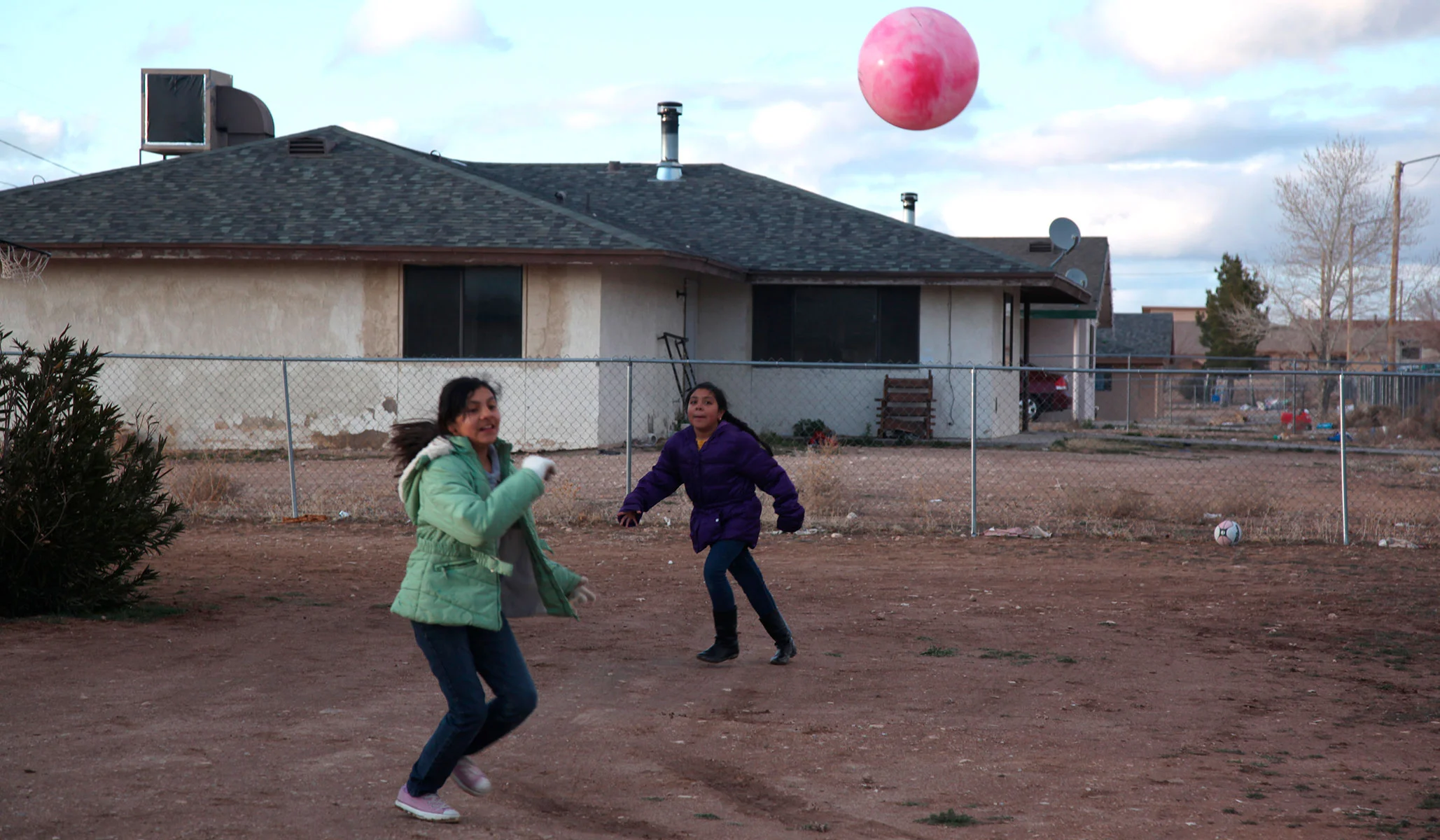The United States’ approach to Indian children in foster care is to find any Indian, regardless of the child’s individual welfare. The Indian Child Welfare Act, a law that is four decades old, prioritizes generic Indian culture over the welfare of individual children who find themselves in the foster-care system. Recently, the Supreme Court had the opportunity to help these vulnerable children, but it refused.
In Haaland v. Brackeen, the lead plaintiffs were a non-Indian couple who needed an emergency judicial order to keep the child who knew them as family. The Brackeens took the child in at ten months old, and after parental rights were severed, a family member who was willing to take the child was sought. If one was not found, another tribe member should be found when the child is an Indian, according to the 1978 Indian Child Welfare Act. If a member of the tribe cannot be found, another Indian will do, with no concern for the child’s welfare in the foster family to which they have become accustomed.
A few months after the parents’ rights were severed, the child was going to be taken from the Brackeens and given to a Navajo couple in Albuquerque after spending two hours with them. However, the Indian family ultimately decided not to adopt him, and the tribal officials gave up their objections to his adoption by the Brackeens. The Indian Child Welfare Act allows an Indian child to be taken from non-Indian parents two years after an adoption if an Indian family decides they want the child. This is cruelty to a child.
“The Indian Child Welfare Act was originally intended to prevent social workers from removing Indian children from their parents and placing them with white families simply because of poverty or bigotry,” explained Naomi Schaefer Riley, author of The New Trail of Tears: How Washington Is Destroying American Indians and No Way to Treat a Child: How the Foster Care System, Family Courts, and Racial Activists Are Wrecking Young Lives. “Over time, though, the ICWA has called into creation a separate and unequal child welfare system. In effect, Indian foster children – regardless of whether they live on a reservation, regardless of much or how little of their DNA is Native American, even regardless of their biological parents’ wishes – may be adopted only by other Indians.”
Justice Samuel Alito wrote in his dissent to the majority’s opinion:
> ICWA requires a State to abandon the carefully considered judicial procedures and standards it has established to provide for a child’s welfare and instead apply a scheme devised by Congress that focuses not solely on the best interest of the child, but also on “the stability and security of Indian tribes.”… That scheme requires States to invite tribal authorities with no existing relationship to a child to intervene in judicial custody proceedings…. It requires States to replace their reasoned standards for termination of parental rights and placement in foster care with standards that favor the interests of an Indian custodian over those of the child…. It forces state courts to give Indian couples (even those of different tribes) priority in adoption and foster-care placements, even over a non-Indian couple who would better serve a child’s emotional and other needs. And it requires state judges to subordinate the State’s typical custodial considerations to a tribe’s alternative preference.
Indian children deserve better than the Indian Child Welfare Act. The law has caused thousands of children to be subject to needless and preventable abuse and neglect that we would never allow for white, Black, Hispanic, or Asian children. Indian children have been forced to stay in foster care for years on end, longer than children of any other race, despite the availability of safe, loving families willing to adopt them.
The Indian Child Welfare Act presents an opportunity for people of both pro-life and pro-choice positions to find common cause in defending the welfare of vulnerable children. The Supreme Court claimed to want to do such a thing, but it didn’t help matters. Perhaps the mere fact that the Court has forced more of us to pay attention to this injustice perpetrated on Indian children in America will light a fire for change. It had better, if any of our favored platitudes about children mean anything.

